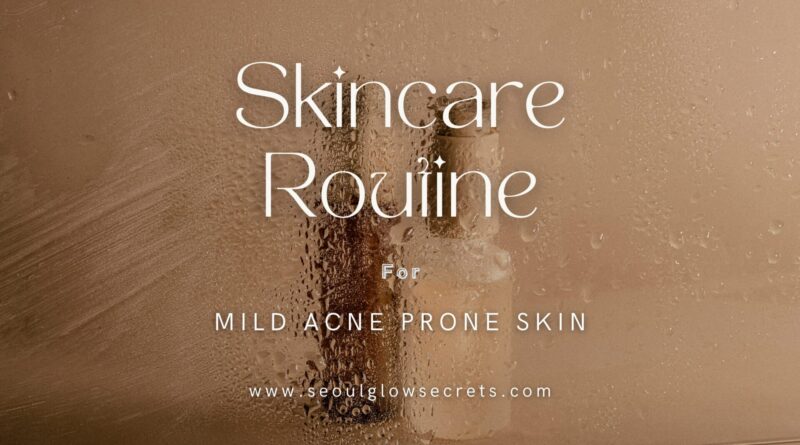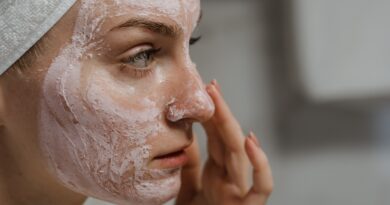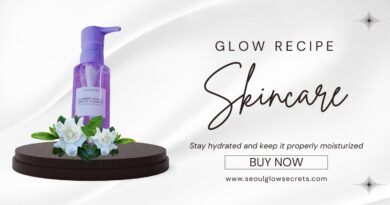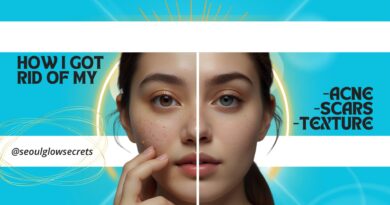Best Skincare Routine For Mild Acne Prone Skin
“Struggling with breakouts and oily skin even after puberty? Here’s a skincare routine that works!”
Acne is not just a teenage problem—adults can struggle with it too. If you’re tired of breakouts but still want to avoid harsh treatments, it’s time to create a skincare routine tailored for mild acne-prone skin. Acne isn’t just about pimples—it involves clogged pores, excess oil, and inflammation. You can regain a clear and healthy complexion with the right mix of gentle yet effective products.
This guide dives into everything from the causes of acne to expert-recommended skincare routines and products that can clear your skin over time.
for more articles visit: seoulglowsecrets
seoulglowsecrets is supported by its audience. When you purchase through affiliate links on our site, we may earn an affiliate commission.
What Causes Acne?
Acne occurs when pores become clogged with oil, dead skin, and bacteria. Hormonal fluctuations, poor diet, stress, and genetics play a key role. Understanding what triggers acne helps in developing a treatment plan.
The Most Effective Acne-Fighting Ingredients
Dermatologists agree that certain ingredients are game-changers for acne:
- Salicylic Acid: Exfoliates inside the pores to reduce blockages.
- Niacinamide: Reduces inflammation and oil production.
- Benzoyl Peroxide: Destroys acne-causing bacteria.
- AHAs: Promote cell turnover, helping fade post-acne marks.
- Retinoids: Increase cell turnover and prevent clogged pores.
Dr. Joshua Zeichner, a board-certified dermatologist, recommends benzoyl peroxide as the gold standard for killing P. acnes bacteria while reducing oil production.
Is Benzoyl Peroxide Safe for Acne?
Benzoyl peroxide is safe and highly effective. According to Dr. Whitney Bowe, a certified dermatologist, it benefits inflamed pimples and cystic acne. However, it can cause dryness and irritation, especially in high concentrations, so start with 2.5% and work your way up.
7-Step Skincare Routine for Mild Acne-Prone Skin
1. Start with a Gentle Cleanser
The foundation of any acne-prone skincare routine is proper cleansing. You need a mild but effective cleanser that doesn’t strip your skin of its natural oils. Over-cleansing can exacerbate oil production, leading to even more breakouts.
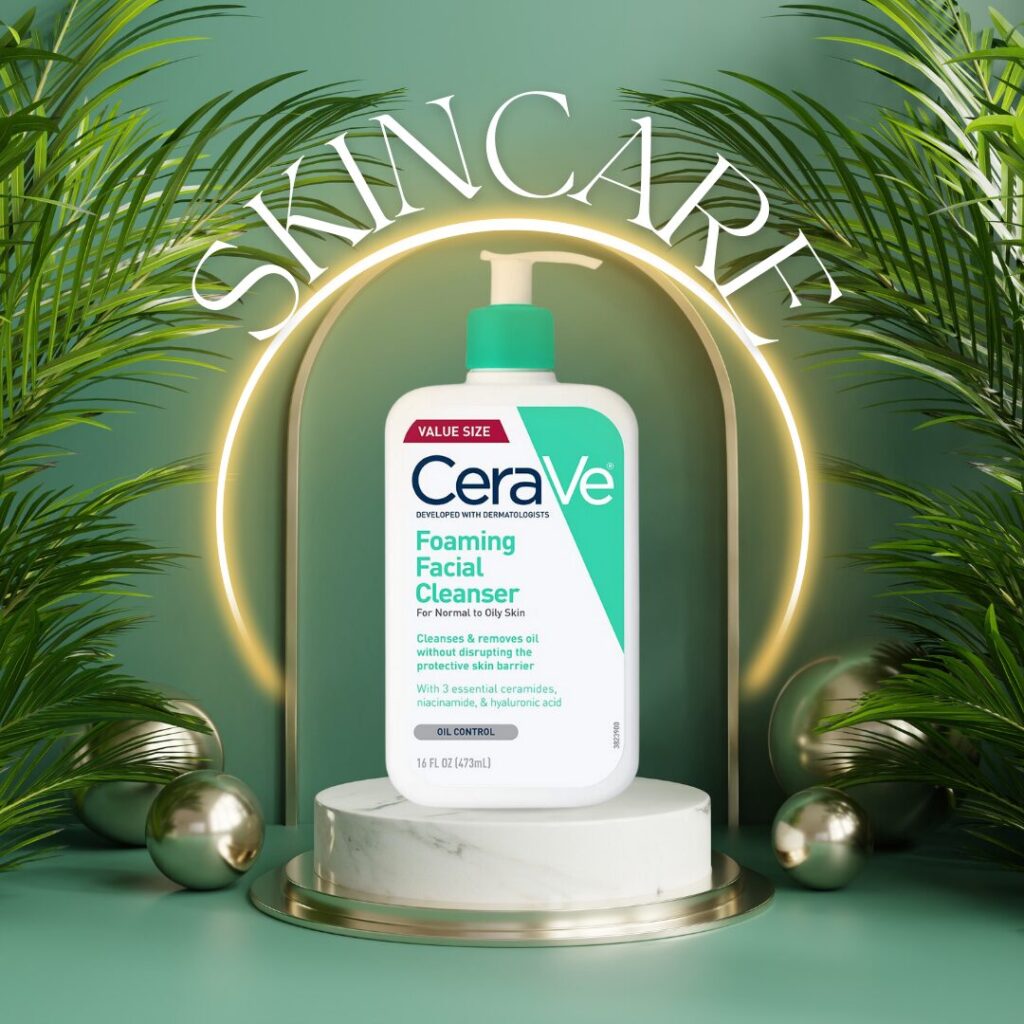
Product Recommendation: CeraVe Foaming Facial Cleanser
Dr. Mona Gohara MD, recommends this cleanser as it’s packed with ceramides and niacinamide to cleanse while protecting the skin’s natural barrier. It’s perfect for acne-prone skin. The foaming action is gentle, yet effectively removes oil and debris, leaving your skin balanced.
Why Buy This Product: This cleanser gets high praise for its ability to clean without causing irritation or over-drying, a key concern for acne-prone skin.
2. Exfoliate with a BHA
Exfoliation removes dead skin cells that can clog pores and lead to acne. However, it’s essential to choose a gentle exfoliant to avoid causing more irritation.
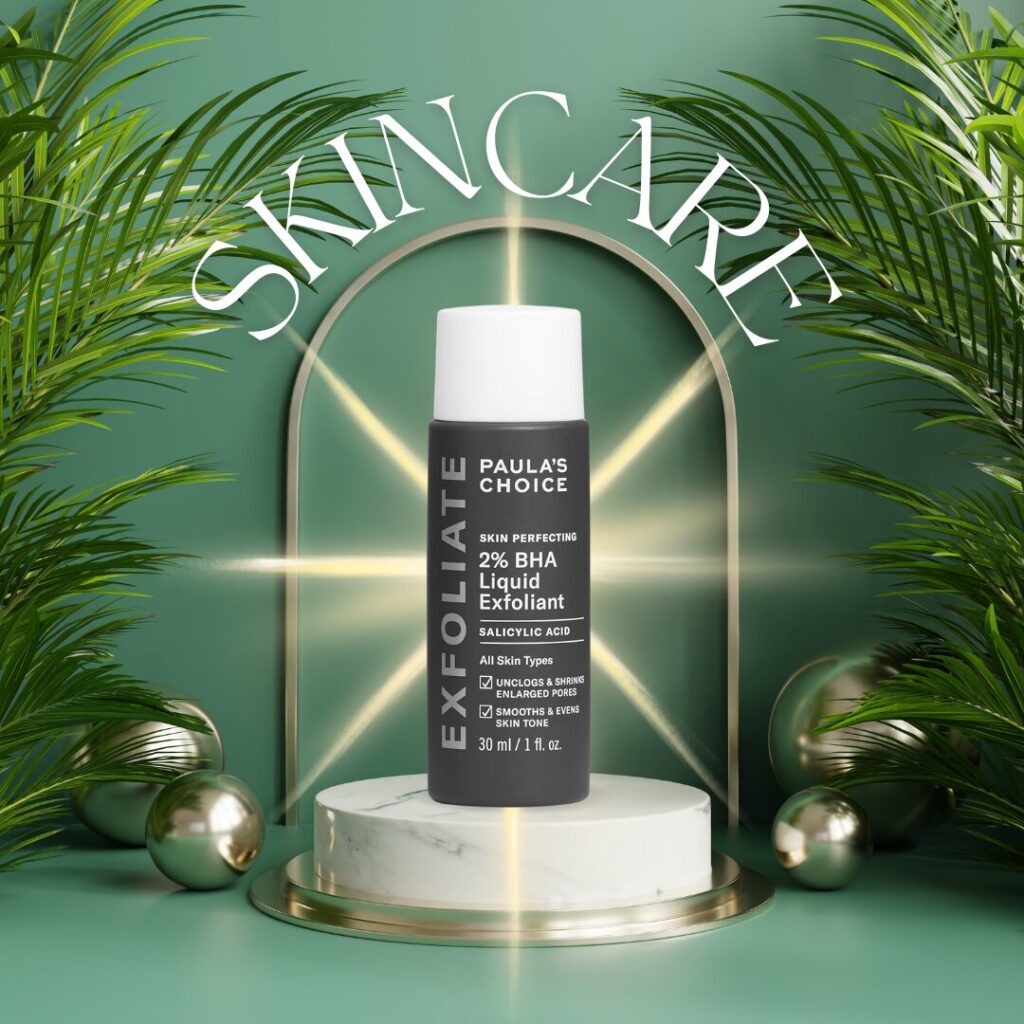
Product Recommendation: Paula’s Choice 2% BHA Liquid Exfoliant
This exfoliant contains salicylic acid, which penetrates deep into the pores, unclogging them while calming inflammation. It’s effective for blackheads, whiteheads, and general acne management.
Why Buy This Product: The 2% salicylic acid formula is a holy grail for acne-prone skin. It exfoliates gently, clearing up clogged pores without the risk of over-exfoliation.
Derm Tip: Dr. Marnie Nussbaum suggests using a BHA product no more than 3 times a week to avoid irritation.
3. Apply a Targeted Serum
Serums are powerful tools to target specific skin concerns. For acne-prone skin, look for ingredients like niacinamide and salicylic acid to reduce blemishes and control oil production.
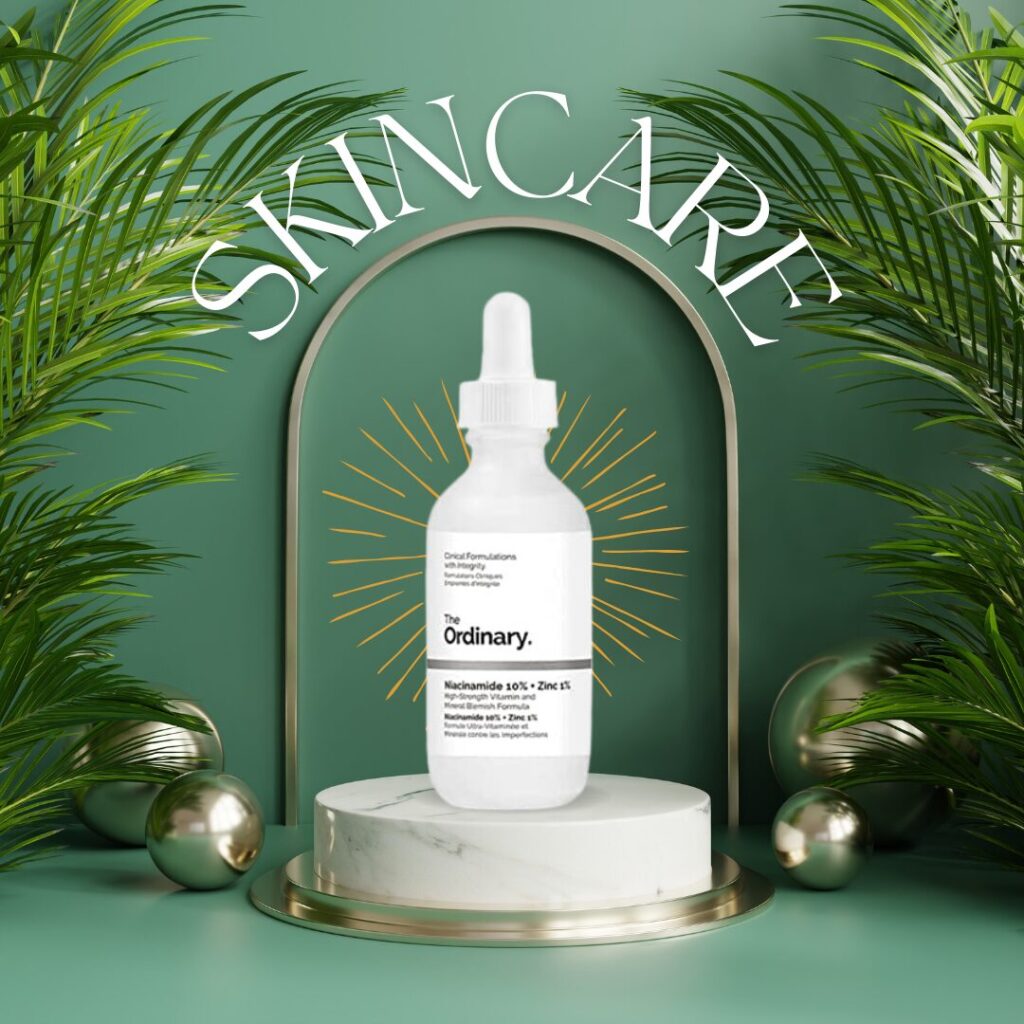
Product Recommendation: The Ordinary Niacinamide 10% + Zinc 1%
This budget-friendly serum is a favorite for oily and acne-prone skin. Dr. Hadley King praises this serum for its ability to regulate sebum and minimize the appearance of blemishes. Niacinamide helps to regulate oil production, while zinc reduces the appearance of blemishes and soothes inflammation.
Why Buy This Product: Niacinamide is a versatile ingredient known for reducing redness, calming acne, and balancing oil production—all crucial for mild acne-prone skin.
4. Moisturize with a Lightweight Gel
Moisturizing is a must, even for oily or acne-prone skin. Opt for lightweight, non-comedogenic moisturizers that won’t block your pores.
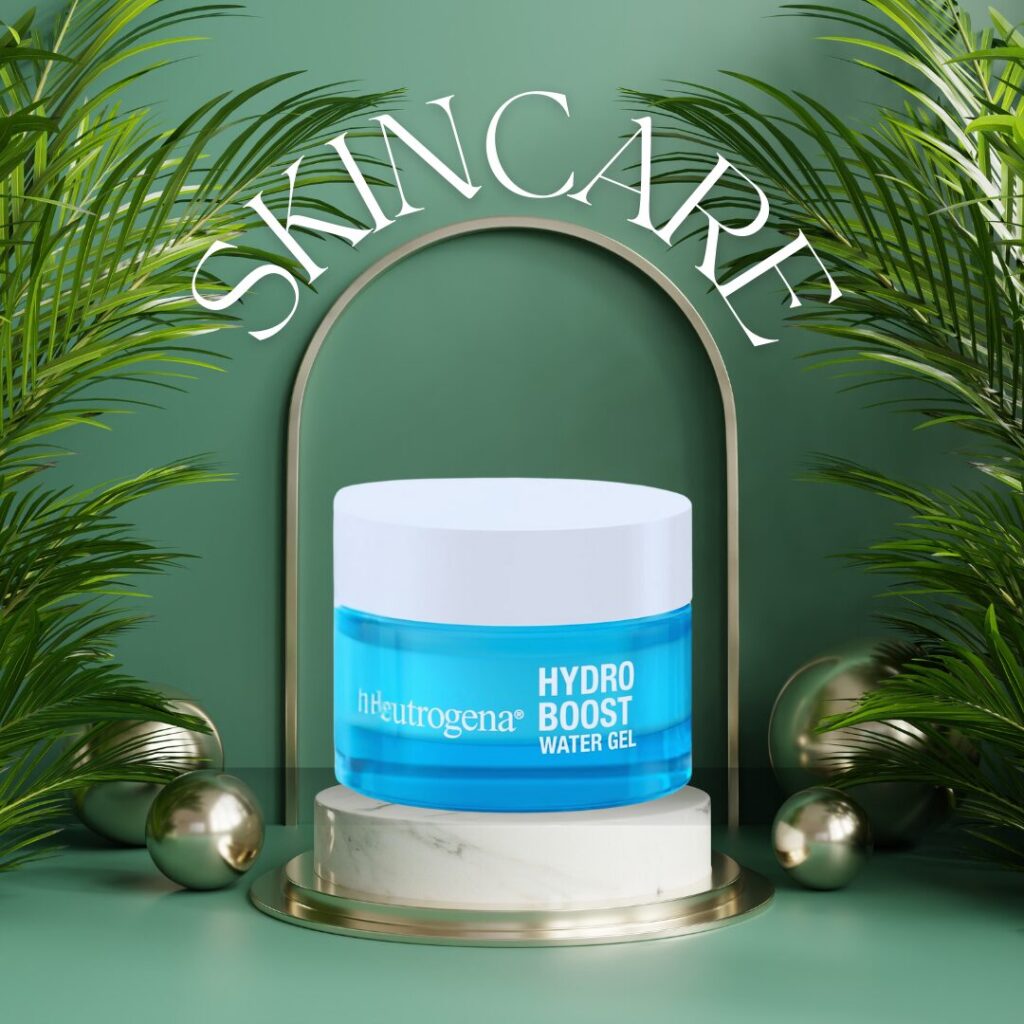
Product Recommendation: Neutrogena Hydro Boost Water Gel
This gel-based moisturizer is packed with hyaluronic acid, providing hydration without the heaviness of traditional creams. It absorbs quickly and leaves the skin feeling refreshed. Dr. Rachel Nazarian, a reputable dermatologist considers it to be the best gel-based moisturizer for acne skin.
Why Buy This Product: Its oil-free, non-comedogenic formula is ideal for acne-prone skin, ensuring hydration without clogging pores or leaving a greasy residue.
5. Don’t Skip Sunscreen
Sunscreen is essential, especially if you’re using actives that increase sun sensitivity.
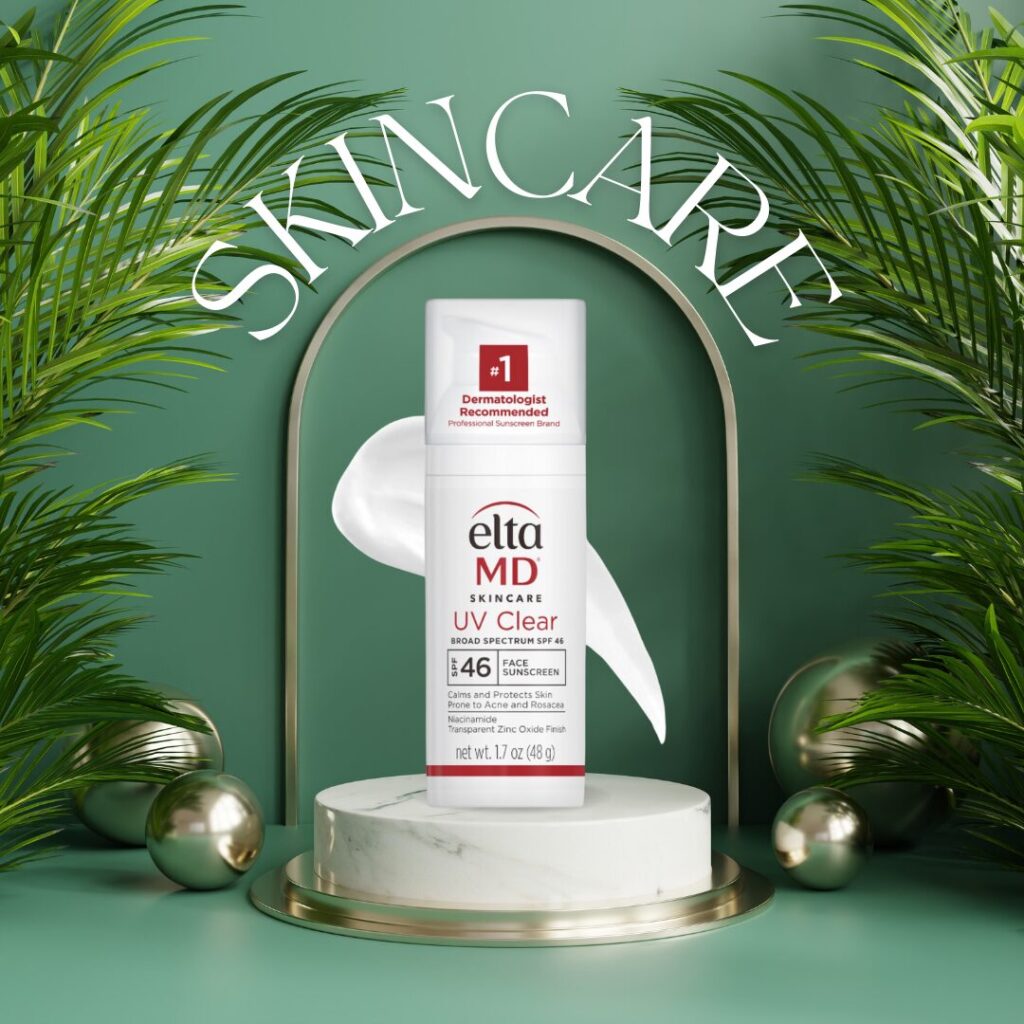
Derm Tip: Dr. Marisa Garshick, a board-certified dermatologist advises using a sunscreen that contains niacinamide for added anti-inflammatory benefits.
Product Recommendation: EltaMD UV Clear Broad-Spectrum SPF 46
This sunscreen is formulated specifically for sensitive and acne-prone skin. It contains niacinamide, which helps soothe skin while providing strong sun protection.
Why Buy This Product: This sunscreen is lightweight, oil-free, and offers broad-spectrum protection, making it perfect for those prone to breakouts.
6. Use a Spot Treatment
Sometimes, a breakout still manages to sneak through. For spot treatments, look for ingredients like benzoyl peroxide or salicylic acid to zap those zits quickly.

Product Recommendation: La Roche-Posay Effaclar Duo
Dr. Sam Bunting highlights this as a top choice for acne due to its ability to reduce inflammation and fade post-acne marks.
This dual-action acne treatment uses benzoyl peroxide to clear breakouts while also exfoliating and reducing marks left behind by acne.
Why Buy This Product: Its ability to both treat active breakouts and prevent scarring makes it a go-to for mild acne sufferers.
7. Consider Weekly Masks
Face masks provide a concentrated dose of acne-fighting ingredients. They can help with oil control, unclogging pores, and soothing irritated skin..
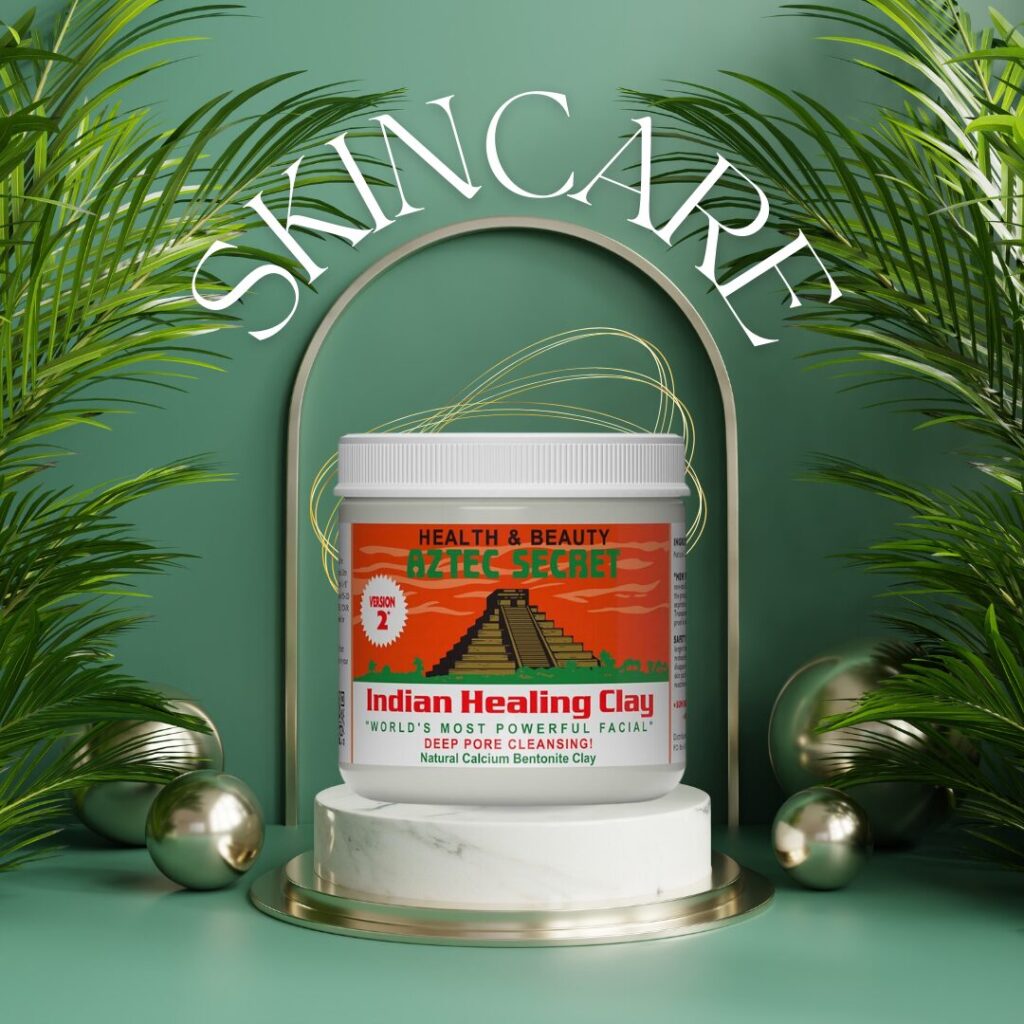
Product Recommendation: Aztec Secret Indian Healing Clay
Dr. Andrea Suarez, also known as Dr. Dray, recommends this mask for its deep pore-cleansing properties. This mask is known for its ability to deeply cleanse and detoxify the skin. When mixed with apple cider vinegar, it helps draw out impurities, leaving your skin smooth and refreshed.
Why Buy This Product: It’s one of the highest-rated masks for acne-prone skin, known for its deep pore-cleansing properties.
Can the Right OTC Skincare Routine Clear Acne?
Over-the-counter (OTC) skincare routines can help clear mild to moderate acne, especially when they include effective ingredients like salicylic acid, benzoyl peroxide, and retinoids. While these products don’t require a prescription, they can be highly effective when used consistently. Dr. Shari Marchbein, a dermatologist from NYC, says, “A good OTC routine that targets bacteria, inflammation, and clogged pores can be a game-changer for mild acne.”
When to See a Doctor
If your acne doesn’t improve after three months of an OTC routine, it may be time to see a dermatologist. According to Dr. Zeichner, “Persistent or severe acne often requires prescription-strength treatments like topical retinoids or antibiotics.” Seek medical advice if:
- Your acne is leaving scars.
- You experience cystic or nodular acne.
- OTC treatments are not effective after 8-12 weeks.
Additional Dermatologist Tips
- Be Consistent: Dr. Angela Lamb emphasizes that acne treatments can take time. “It’s essential to stick to a routine for at least 6-8 weeks before expecting significant changes.”
- Avoid Popping Pimples: Dr. Anjali Mahto warns that picking at acne can lead to scarring and worsen inflammation.
- Use Non-Comedogenic Products: Always check labels to ensure that products won’t clog your pores, says Dr. Heather Woolery-Lloyd.
Conclusion: Be Consistent and Patient
Consistency is key to clear skin. While results may take time, sticking to a well-structured skincare routine that includes gentle cleansing, exfoliation, moisturizing, and sun protection will significantly improve your skin over time. When needed, don’t hesitate to consult a dermatologist for personalized advice.

